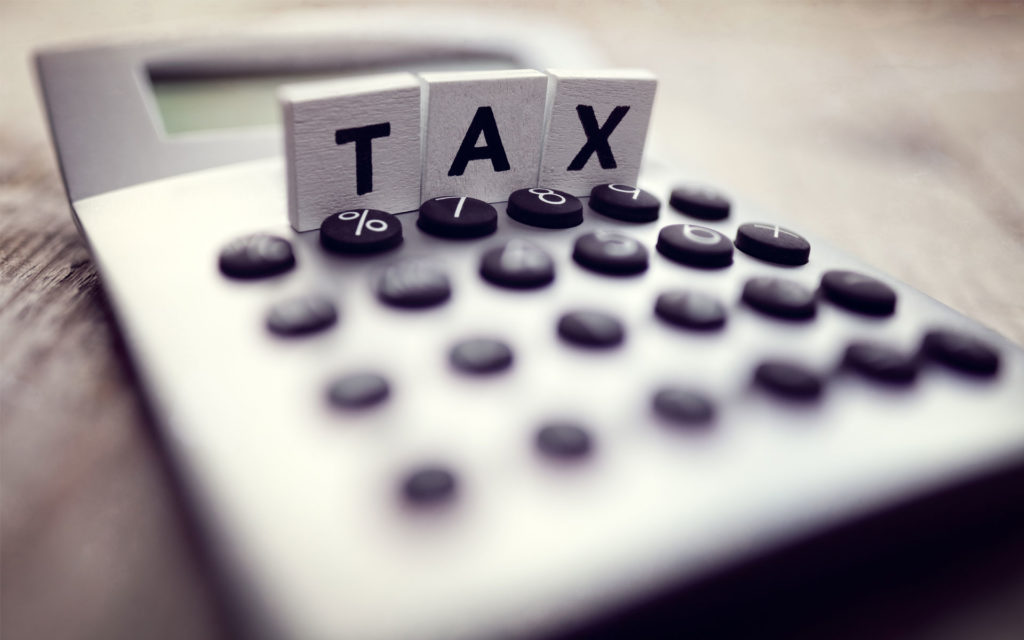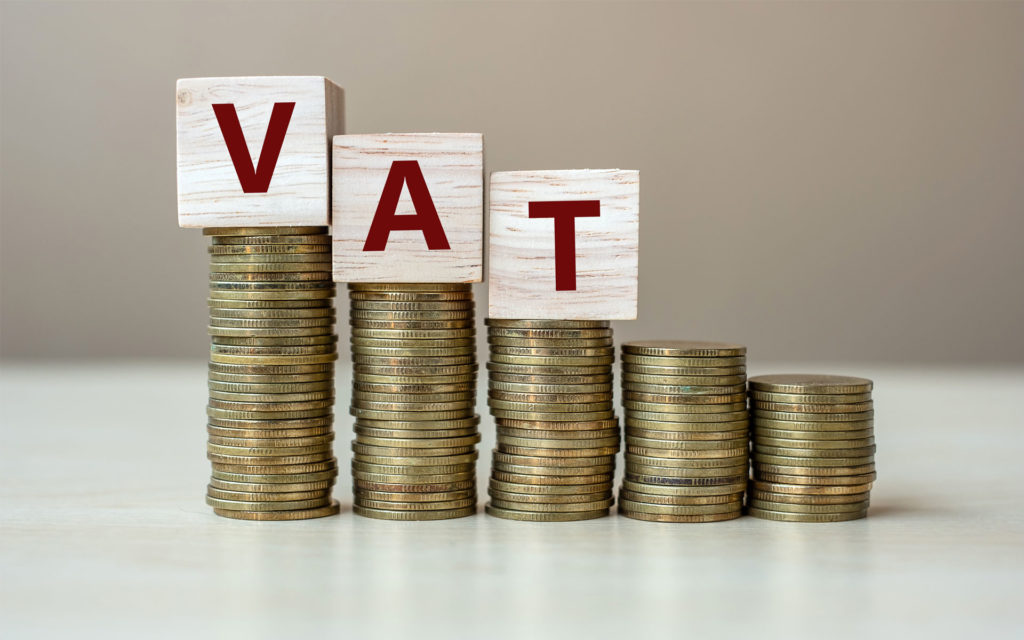What is The Income Tax Rate in UAE?
There is no Income Tax in the UAE for Individuals. For Companies, there is a proposed 9% corporate tax on the annual profit of the entity. The proposed rate of 9% is the lowest so far in the region compared to similar economies. The average rate of corporate tax in European Union countries is above 21%. In the year 2018, UAE had rolled out Value Added Tax (VAT) on certain goods and services. The VAT is charged from the end-user and all middlemen and traders who buy and resell the item will get a refund of tax paid by them immediately. They score off the output tax (payable to Tax Authority) with Input Tax (Tax Paid to seller) and pay the difference in tax amount to Federal Tax Authority.

VAT is imposed on each sale document of an entity – Invoice, Debit Note, or Pro-Forma Invoice, etc. Every month or quarter, companies submit the collected amount to Federal Tax Authority. Corporate Taxes of companies are levied on profits made by them from total invoices and collections of that entity. The rate of VAT is 5% and the proposed rate of Corporate Tax is 9%.
Taxable Income
Any income of a company or organization that is legally operating in the UAE is Taxable if it is more than AED 375,000 per year. If the amount is above AED 375,000, then 9% of the profit from it goes to Tax Authority. Profit means the Net Profit of the company. Income can be from sales of trading or manufacturing or importing items or even agency commission received from the principal company or authorized agent.

Free Zone Company Corporate Tax
Free Zones are known as Tax-Free Zones generally. These companies enjoy tax benefits and incentives for international operations. Normal labor rules of the mainland also are not applicable to Free Zone Companies. But in the Corporate Tax case, as per the proposal – any Free Zone company that sells items and services to customers or traders in the mainland is subject to pay the same rate of Corporate Tax to the authority. These sales are treated as local sales and any profit made out of local sales is subject to corporate tax payment.

What is The Income Tax Rate in UAE?
Exempted Category of Corporate Tax
All commercial institutions, Organizations, and entities (Clubs, Hospitals, Schools, Associations, etc.) that are set to make a profit and make a profit must pay corporate tax in general. But there are some exempted categories also. In order to help small and medium enterprises run by individuals and families that make low income are exempted. The amount fixed to find low-income companies is AED 375,000 per year. If the sale is more than this, the profit made out of the total amount is taxable at 9%.

The second category that is exempted is oil and gas exploration and processing companies. These companies are termed the ‘natural resource extraction’ segment. They have already a tax system that has emirate-wise calculation rates.
Should Corporate Tax Year and Fiscal Year be Same?
Not necessarily as per the already revealed terms and conditions. The very first day of Corporate Tax starts on 1st June 2023. A Company that follows Calendar Year as its fiscal year would require to pay tax of its profits up to December 2023 as understood. In order to get more time to pay the tax and thus rotate the tax money for more time, companies may reset their fiscal year to June-May format to synchronize with the Corporate Tax Period.

Gross Profit Tax or Net Profit Tax?
The tax calculations are normally made on net profit figures. The tax authority will consider the indirect expenses that are mandatory to run a business and make sales and profit. The net income will be calculated only after deducting indirect expenses from gross profit. But there will be some set rules for specific expenditures such as Depreciation, Allowances, Reimbursements, etc. Even though it’s not clarified yet, these things will be defined before the implementation date.

Corporate Tax on Losses?
No tax calculation is possible of losses nor it is logical. The tax authority will allow the score off / adjust loss made in the year against profits in subsequent financial years or years. The number of years, conditions when losses can be adjusted against profits, amounts of losses that can be adjusted, etc. will be clarified before 1st June 2023.

Total Tax Types in the UAE
There are three more types of Taxes applicable in the UAE according to the Industry and volume of transaction amount etc.
The most important out of them is the VAT – Value Added Tax imposed in the UAE from 1st January 2018. The rate of VAT is 5% and it is one of the lowest prevailing in the world. In some GCC countries around, VAT rates are ranging from 10% to 15% as of December 2021.

The third type of Tax in the UAE is Excise Tax. Excise Tax is imposed on items such as Tobacco, Alcohol drinks, carbonated drinks, sweetened drinks, electronic cigars, etc. The excise duty on these things is to discourage the use of these substances as their use of them affects human health adversely. The more financial burden will force people to reduce their use of them or even avoid using them. The rate of excise duty on these items varies from one to another. The lowest is 12.5% and the highest is 100%.

The fourth type of Tax is Tourist Tax – The luxury hotels, apartments, and hotels where occupants are there, then there is a per room, per night system of tax is there. 10% is the room rate tax that is normally charged. Other than this 6% to 10% City Tax is also there depending on the city where the hotel or apartment is located. In places like Ras Al Khaimah, Dubai and Abu Dhabi, other than the above said taxes extra fees are levied on services given at hotels, and a fee called Tourism Fee at the rate of 6% as well. Per Night Per Room taxes are also applied in certain areas.

What is The Income Tax Rate in UAE?
